Guava /sidium guajava/ a sweet and fragrant tropical fruit that has amazing health and food quality. Guava is actually the fruit of the Psidium guajava tree, which belongs to the Myrtaceae family, which relates to more than 100 species of tropical shrubs and small trees. The home of this delicious fruit is South America, where it is distributed in all tropical areas. It may be grown as a house plant.
Nowadays, the most important producers of guava are considered Hawaii, the Caribbean, Southeast Asia, the state Florida and Africa.
Guava is a relatively small tree that has dark colored foliage. Depending on weather conditions, it blooms almost all year. The flowers are white, heavily scented and many stamens. Fruits are formed only on one-year old branches, so the ground sprouted branches should not be cut.
Guava fruit has a spherical shape, delicate and aromatic core which is colored in yellow, but depending on the type, it can be colored not only yellow, but red and white.
Composition of guava
Guava is a low-calorie fruit that is rich in many nutrients. The composition of guava has large amounts of fiber, vitamins A and C, and folic acid.
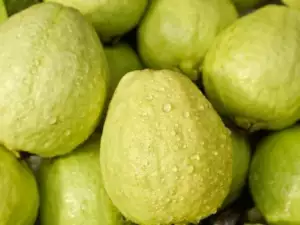
Through the consumption of guava, the body procures vitamins B1, B3, B6, E and K, and 13 whole amino acids, among which best are leucine, alanine, valine and isoleucine, glutamic and aspartic acid. Not least important is to acknowledge the important omega-3 and omega-6 fatty acids.
100 grams of guava contains 80 ml water, 69 calories, 1 g fat, 17 g carbohydrates, 5 g fiber, 1 g protein, 0 g cholesterol and sugars.
Selection and storage of guava
Guava fruits are delicious and juicy, and in their choice apply all the rules that apply to other fruits. First, buy guava that is fresh in appearance, solid surface and weight, which corresponds to the size of the individual fruit.
Preferably, guava should be stored in a refrigerator, inside the fruit. You may freeze guava in a freezer, but it depends more on the taste of the individual. Guava may be stored for up to four months, but after thawing, the nutritional quality will not be the same as for the young and juicy fruit. Therefore, we recommend direct consumption of purchased guava.
Culinary use of Guava
The most common way to eat a guava is raw. You can eat the fruit alone or in combination of different fruits. In addition to fruit salads, you can eat guava in combination with granola, which is a really healthy breakfast. Guava Juice is also very useful and nutritious.
Experienced chefs say that guava can make for delicious and very fragrant marmalades and jams, while others argue that sprinkled with cayenne pepper is an excellent dish. Now that is individual and depends on the personal tastes of each person, but one thing is for sure - do not forget to try the guava, because besides delicious, it is also very useful.
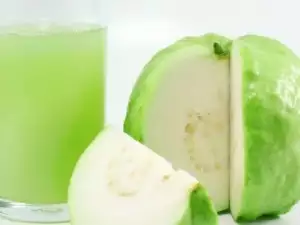
Benefits of guava
Guava has a large amount of soluble fiber which is very good for digestion and the lining of the colon. The high content of vitamin C in the fruit makes a strong adjuvant. Moreover, this vitamin takes active part in redox processes in the disposal of toxic accumulations in the body. Vitamin C stimulates regeneration and the formation of tissues and in the biosynthesis of hormones. It is needed for synthesis of collagen in the body - the main structural protein in the body.
Guava contains ingredients that have powerful antioxidant properties and are essential for maintenance of normal health. According to some studies, lycopene protects skin against harmful UV rays.
It is believed that this significantly reduces the risk of developing prostate cancer. The high content of antioxidants and lycopene in guava makes a great tool to fight against another very subtle type of cancer - breast cancer.
Guava contains copper, which is very important for the formation of red blood cells. It has almost no fat, sodium, cholesterol-free, clears the body of accumulated toxins and helps weight loss.
It is clear that the exotic fruit contains nutrients that are found in green tea and wine. Guava act highly beneficial to the skin - reduces visible signs of aging and brightens your facial color. Reduces blood pressure and bad cholesterol levels in the blood. Guava juice helps with toothaches and coughs.
Guava is very helpful for people with diabetes because it lowers blood sugar levels. There should still not be too much consumption of it because you can get the opposite effect.
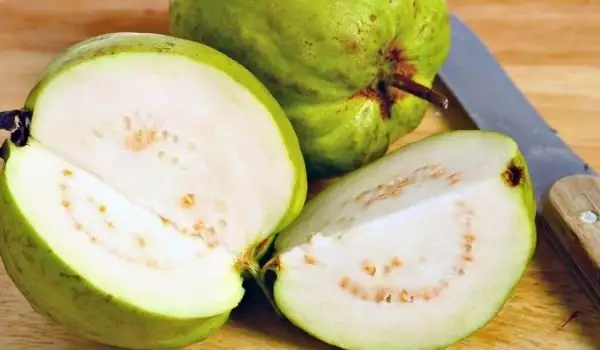
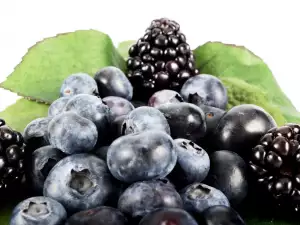
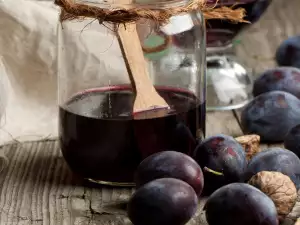
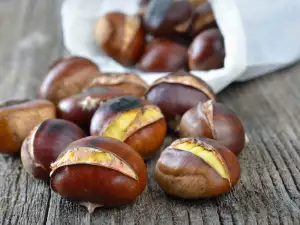

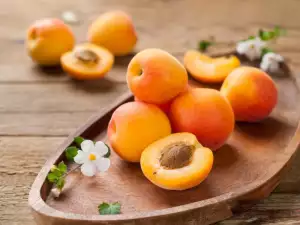
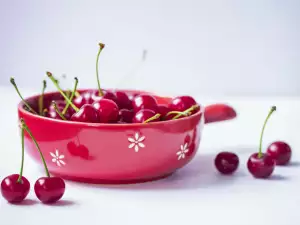



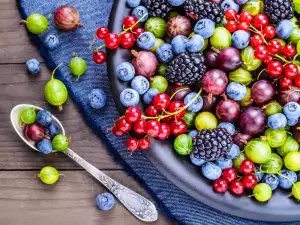
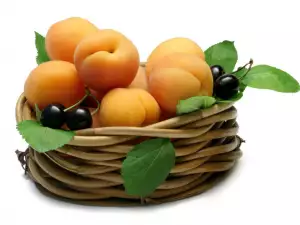
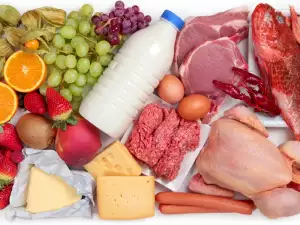
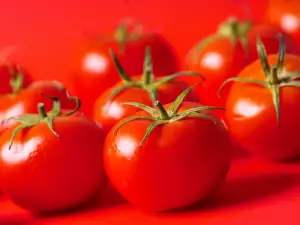

Comments